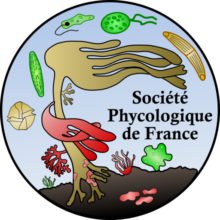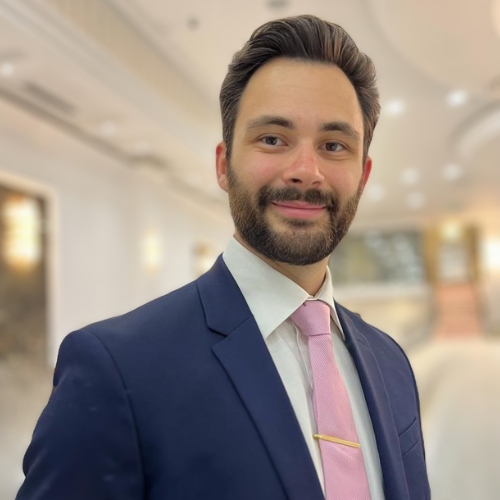
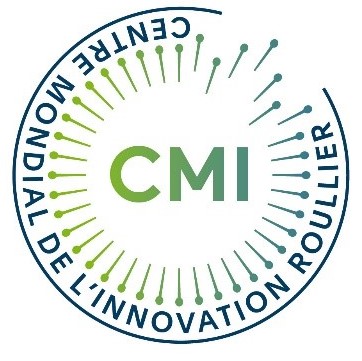
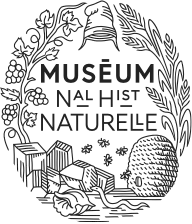
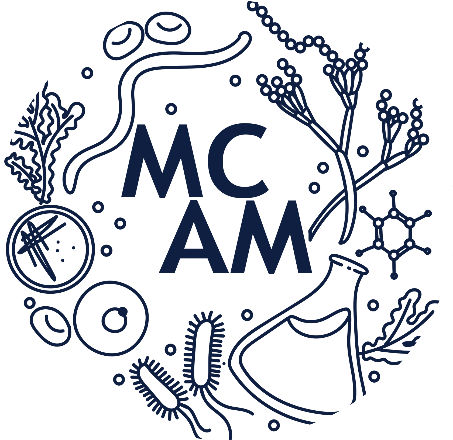
Enthusiastic about the idea of exploring the chemistry of natural substances and chemical ecology, I am currently working on a CIFRE thesis between the Roullier Group’s Global Innovation Centre (Saint-Malo) and the Muséum National d’Histoire Naturelle (Paris).
Among the solutions developed by the agricultural industry to alleviate the abiotic and biotic stresses on plants are extracts of algae, particularly brown algae. Ascophyllum nodosum is one of the most widely represented species and is used by the Roullier Group in its technical solutions for farmers.
Macroalgae have fascinating interactions with the microbial communities associated with them. Numerous studies have shown that these interactions are crucial to the health and functioning of the host algae and its micro-organisms. Macroalgae, the primary producers in marine ecosystems, provide a habitat for diverse microbial communities, which in turn contribute to the growth and defence mechanisms of the algae. These complex interactions have led to the concept of a ‘supra-organism’, known as a holobiont, in which the host and its microbial communities function together as a single ecological unit. The aim of my PhD project is to extract, purify and identify new molecules from the A. nodosum holobiont that could have potential applications in agronomy. At the same time, I am endeavouring to elucidate the chemical interactions within this holobiont and the role of these mediators.
I am very honoured that the French Phycological Society has chosen my PhD project to receive a grant, enabling me to present the progress of my research work at the 39th Annual Conference of the International Society of Chemical Ecology in Prague (ISCE2024) from 14 to 18 July 2024.

